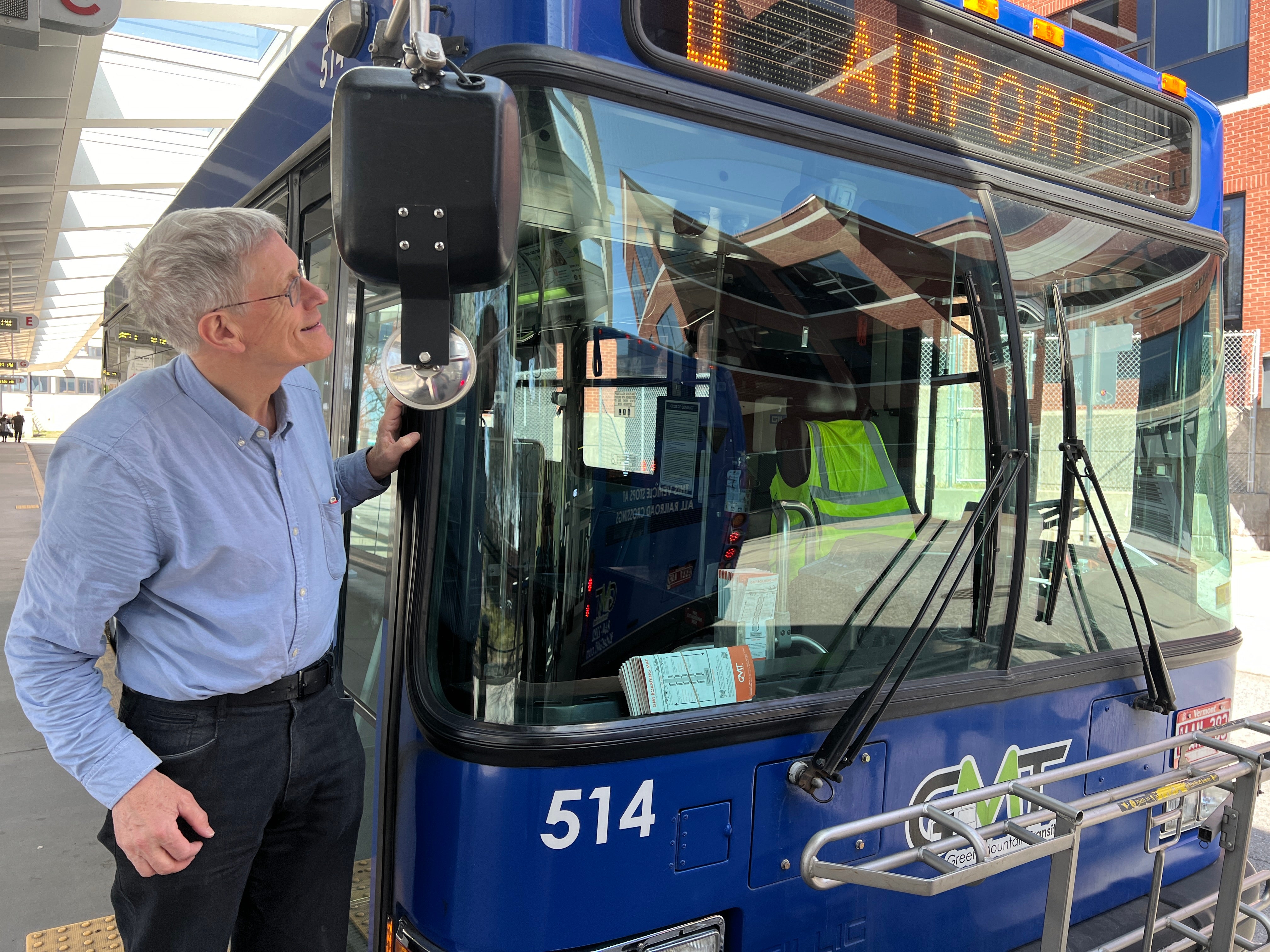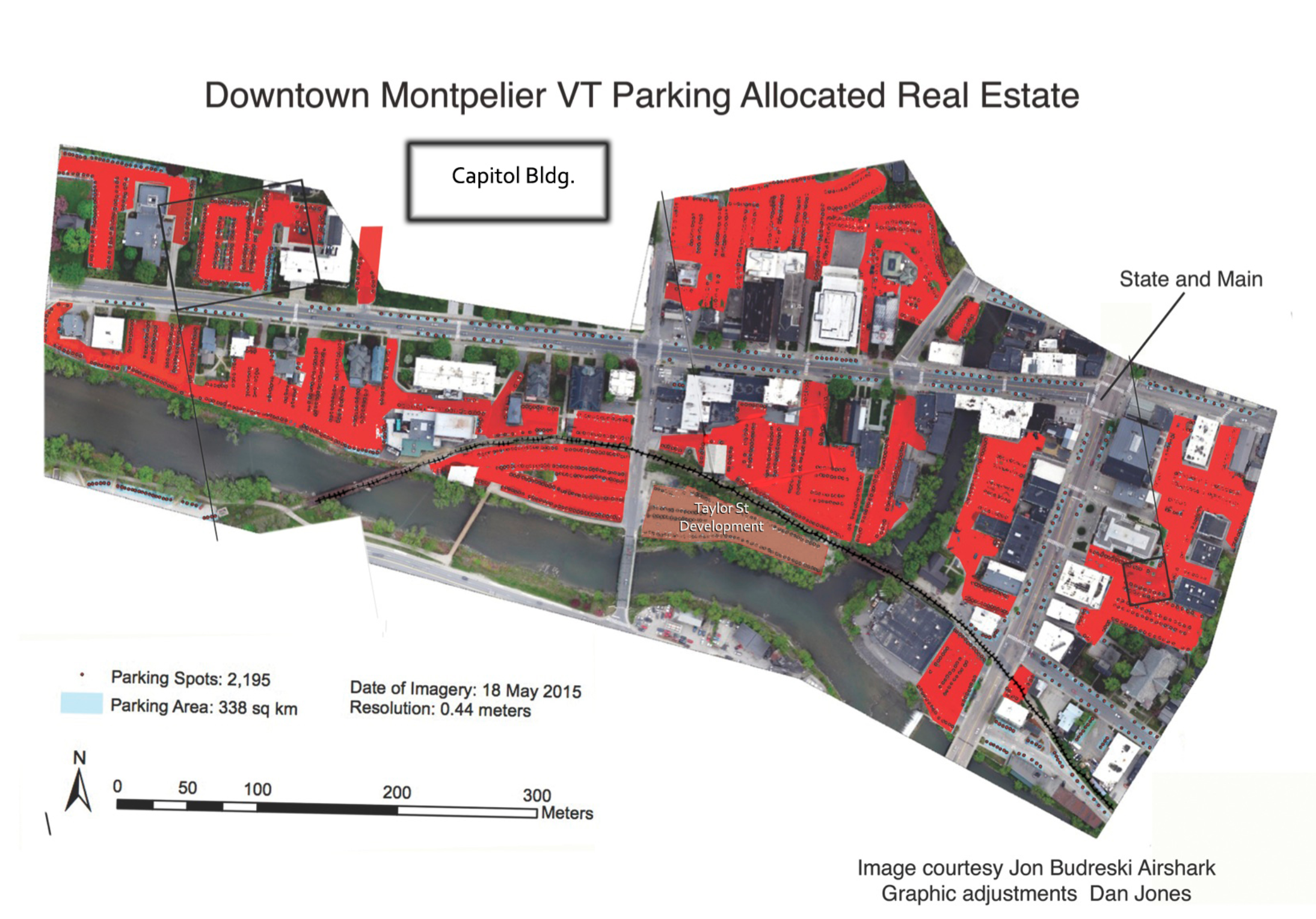The land of the free (bus) is getting more expensive
The Man Who Pays His Way: Vermont is about to start charging fares again, but that’s not all bad news

Your support helps us to tell the story
From reproductive rights to climate change to Big Tech, The Independent is on the ground when the story is developing. Whether it's investigating the financials of Elon Musk's pro-Trump PAC or producing our latest documentary, 'The A Word', which shines a light on the American women fighting for reproductive rights, we know how important it is to parse out the facts from the messaging.
At such a critical moment in US history, we need reporters on the ground. Your donation allows us to keep sending journalists to speak to both sides of the story.
The Independent is trusted by Americans across the entire political spectrum. And unlike many other quality news outlets, we choose not to lock Americans out of our reporting and analysis with paywalls. We believe quality journalism should be available to everyone, paid for by those who can afford it.
Your support makes all the difference.The supervisor of the bus station in Burlington, Vermont, is named Romeo. He arrived in America from Somalia.
Mogadishu, his home city, has its qualities, he said, but life in Burlington is certainly more placid.
While I have not had the pleasure of visiting his corner of Africa, I imagine the bus service may be less well organised than in Vermont.
Romeo directed me to the bus to Middlebury: a one-hour ride through exquisite landscapes of woodland and water, meadows and hillsides, to a small college town huddled prettily around a cascading river.
Value of trip: priceless. Cost of trip: zero.
Early in 2020, two significant locations, each with a population of around 650,000, stopped charging for public transport. One was Luxembourg: a small, wealthy nation that has terrible traffic. The Grand Duchy pays about €1bn a year to keep its buses, trams, trains and funicular running. At the time the decision was taken, farebox income amounted to €40m.
Cut out fares, the thinking went, and the national coffers will hardly notice. Costs will fall (no need to handle cash and ticketing) and efficiency will rise (with no tickets, there is nothing for the driver to sell or collect). Luxembourg is maintaining the abolition of fares in the hope that more people will leave their cars at home.
The other location: Vermont in the northeastern US, 10 times larger. The reason was nothing to do with easing traffic, which is never a problem in this bucolic state. It was Covid.
“With the onset of the pandemic in March 2020, fares were eliminated for all transit services in Vermont,” the state legislature says. The twin aims, according to the Vermont House and Senate Committees on Transportation:
- “To reduce the risk of Covid exposure by increasing social distancing between drivers and passengers.”
- “To recognise the trying economic times.”
The policy has survived for four years – but from next week, passengers must get used once again to the idea of paying for the privilege of being professionally driven through a beautiful state.
The state has had enough of subsidising tourists (I would gladly pay $20 for that southbound ride from Burlington to Middlebury), and giving free rides to the local airport for business travellers who have spent hundreds of dollars on their flights to New York or Washington DC.
Even though the fares are pitched way below the cost of providing the service, it is natural that some locals will complain.
Yet there is one component of the state’s transport network where charging fares is seen as a benefit for everyone.
The capital of Vermont, Montpelier, has an on-demand transport system called MyRide. This “flexible-schedule, flexible-route service” came in three years ago, completely replacing the city’s fixed-route bus network.
MyRide works like Uber or Lyft: you book a ride on the app (or can even phone in for transportation). For truly on-demand travel, you typically wait five to 15 minutes for a vehicle to arrive and take you wherever you desire to be. For regular trips, such as to work, you can book days or months ahead.
Unlike commercial ride-sharing services, though, it is free.
The scheme is nothing to do with helping with Vermont’s cost of living crisis: the aim is to reduce pressure on parking, which currently accounts for “60 per cent of the city’s downtown real estate”.
Yes, an astonishing three-fifths of the area of the Vermont state capital is given over to car parks. Offer a superior alternative to car ownership, the thinking goes, and some of that space could be handed back for housing – which will enable people to live closer to work, reducing still further the room required to store SUVs all day.

The state now wants to start charging – not to start recouping some of the cost, but to get MyRide to work better.
A report from the Vermont legislature concludes: “Without the disincentive of losing a fare payment, many riders will book trips that they do not intend to complete, which results in diminished capacity and efficiency and wasted time and resources for the microtransit operation and passengers.”
In other words: many people book lifts and then don’t bother to take them, because there is no personal downside.
MyRide sounds an excellent proposition – not least because it avoids sending empty buses around. But even I have to concede it will work better with a fare.
Simon Calder, also known as The Man Who Pays His Way, has been writing about travel for The Independent since 1994. In his weekly opinion column, he explores a key travel issue – and what it means for you.
Join our commenting forum
Join thought-provoking conversations, follow other Independent readers and see their replies
Comments